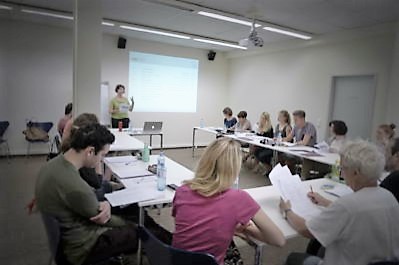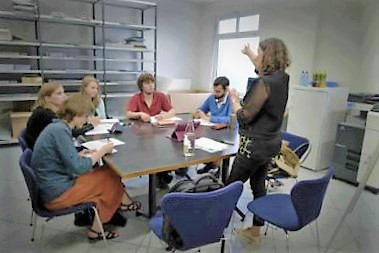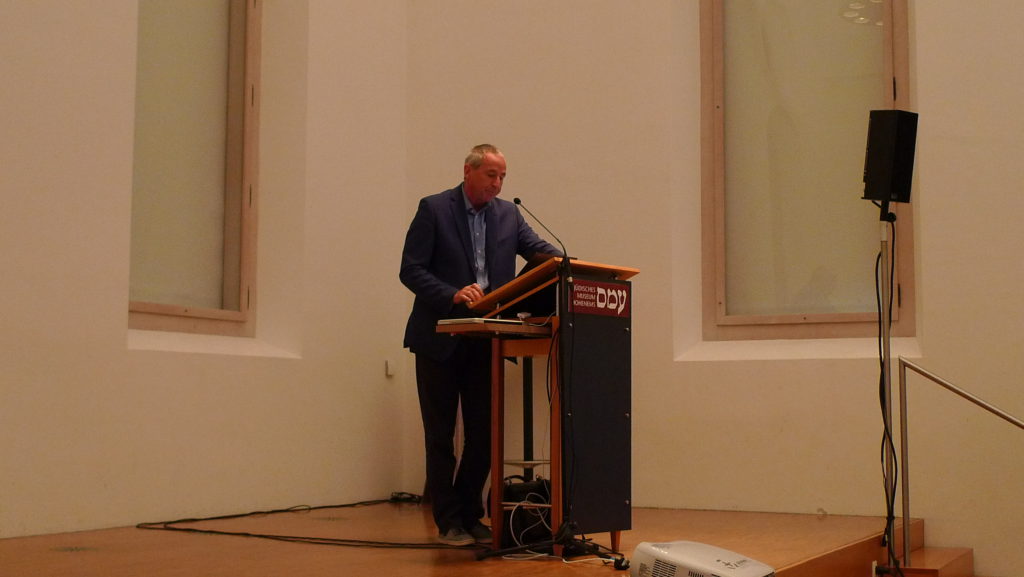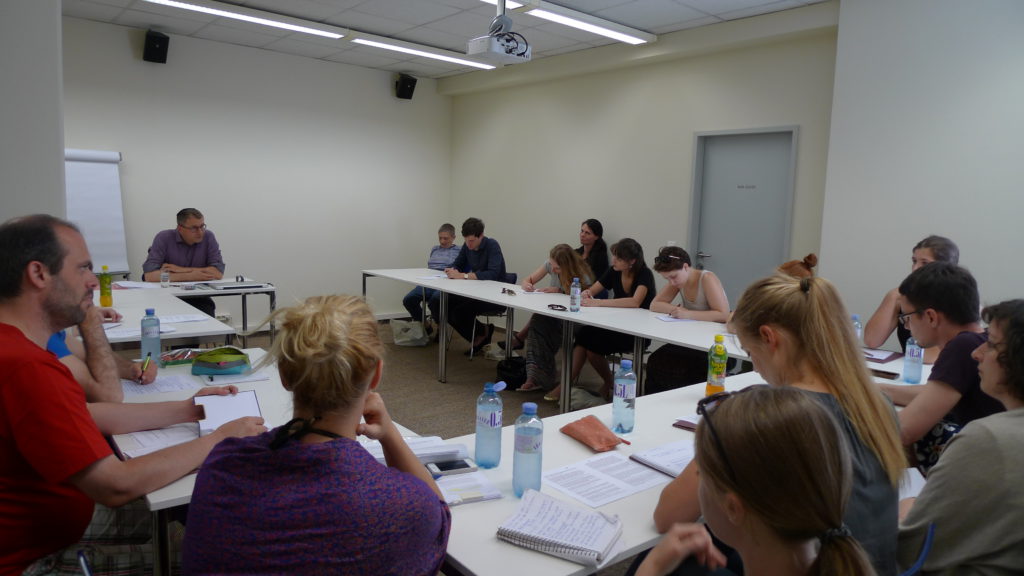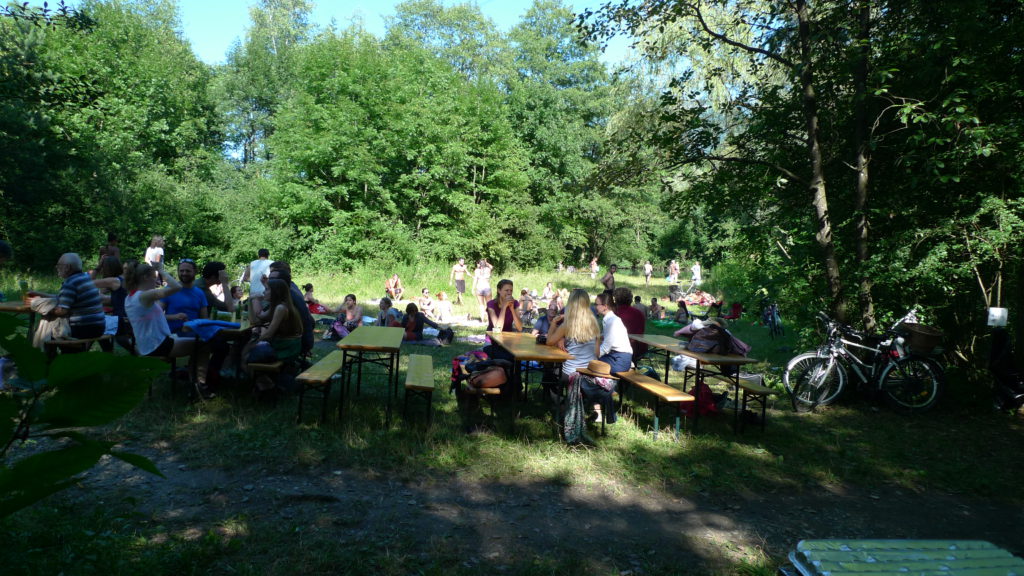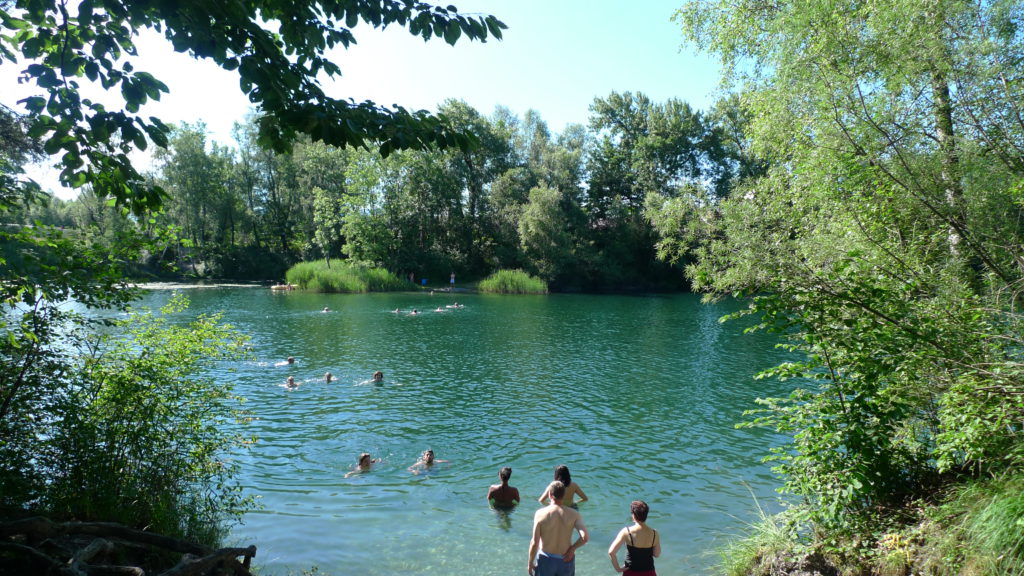This week is a busy (but exciting) one. The museum is hosting the European Summer University for Jewish Studies,¹ an event that brings together students and lecturers from across Europe and the world for a week of lessons and seminars. The theme this summer is “Jüdische Heimstädte. Jerusalem und andere Jerusalems”—a discussion of Jerusalem, based not only in the city’s role as a Jewish homeland, but on other notions of the city across spatial and temporal differences. The summer university is a cooperative effort between the Jewish Museum Hohenems and universities in Bamberg, Basel, Munich, Salzburg, Vienna and Zürich.
Most of the lectures are in German (I attended the only English one this morning). Yet the university attracts geographically diverse participants—while most have some affiliation with one of the sponsoring universities, some also originate from places as varied as the United States and Israel, Australia and Switzerland, and speak Yiddish, Hebrew, or other languages in addition to English and German. The university also attracts some of the top minds in the relatively small world that is German-speaking Jewish studies academia.²
Many participants are returners, some even for a third or fourth time. The university therefore gives them an opportunity to reunite with old friends and colleagues, while also encountering new perspectives.
After uncertain weather for most of the summer, it’s also been a beautiful week in Hohenems. For those interested in Jewish history and Jewish studies, there is no better place to be.
¹ In German, it’s the Europäische Sommeruniversität für Jüdische Studien, which is often shortened to Sommeruni.
² For anyone familiar with the academic circles of Jewish studies, a listing of lectures is available here.


